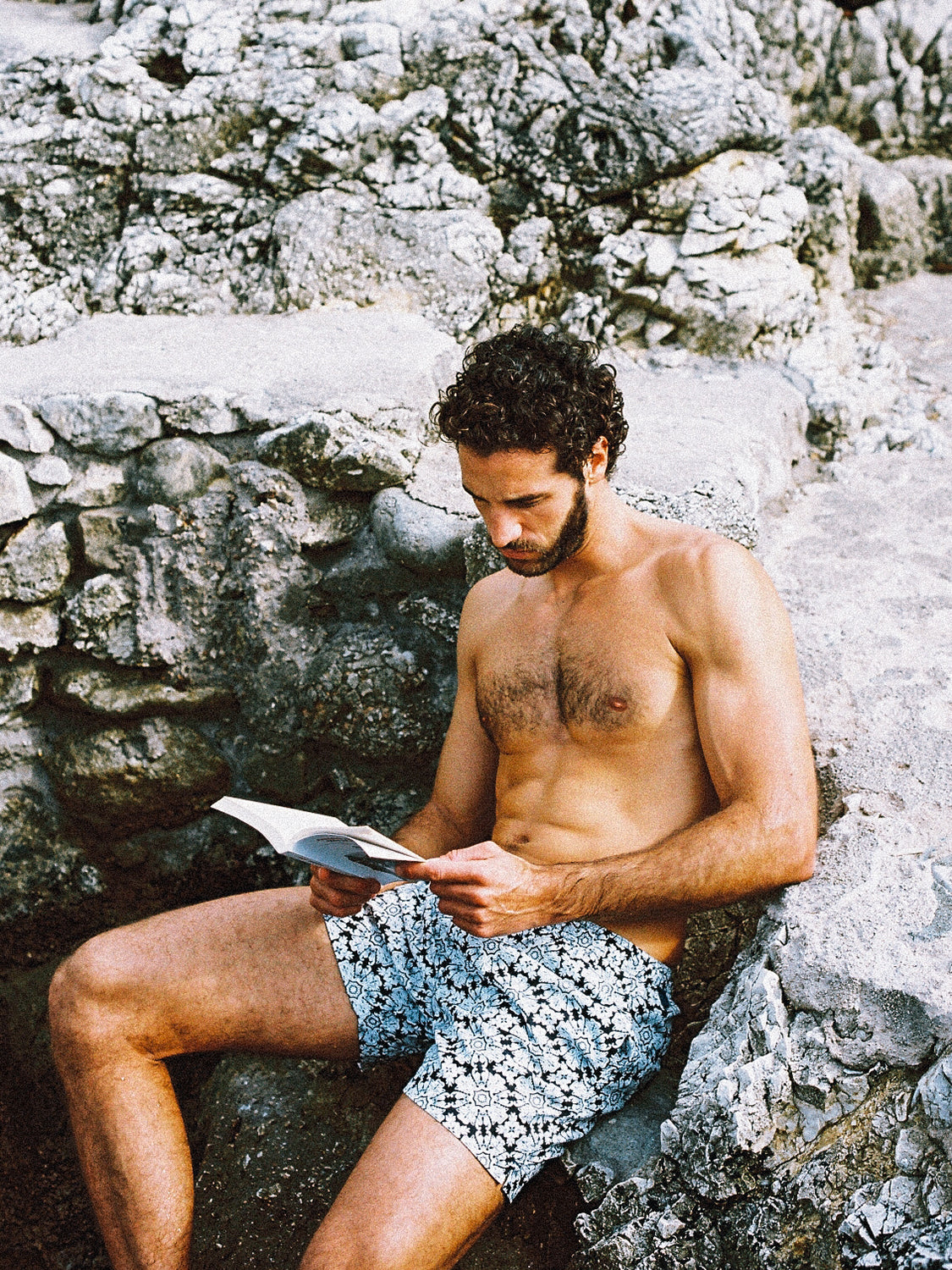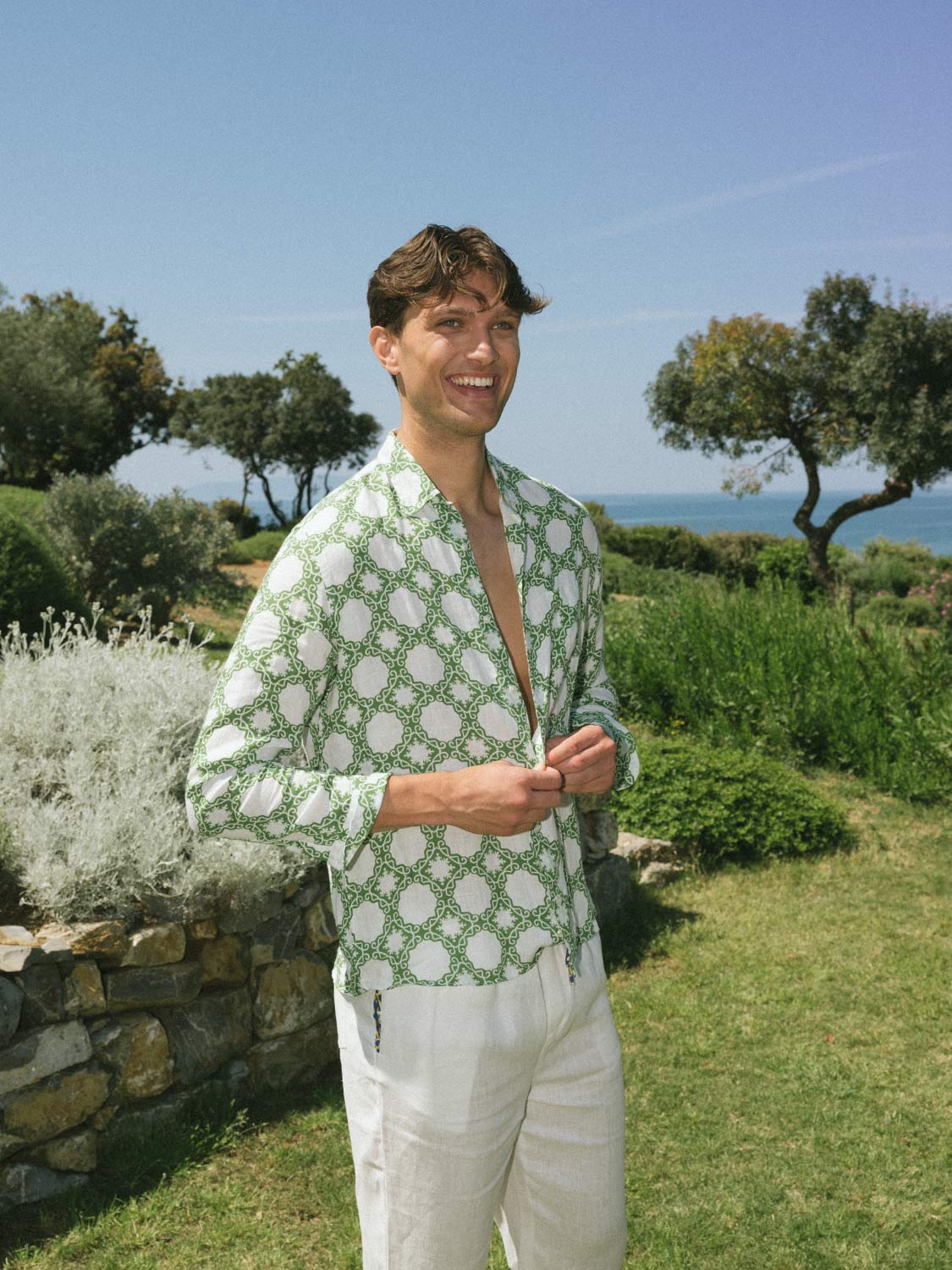The beauty of the Sea is to be protected: it is a precious element that occupies 70 percent of our planet, playing a fundamental role in the survival of living things.
The Mediterranean Sea, like all the world's marine waters, is increasingly being invaded by plastic. About 229,000 tons of plastic waste is spilled each year, the equivalent of more than 500 containers a day. According to a report published in 2020 by the International Union for Conservation of Nature and Natural Resourcer (lucn), Italy alone disperses 34,000 tons/year.


